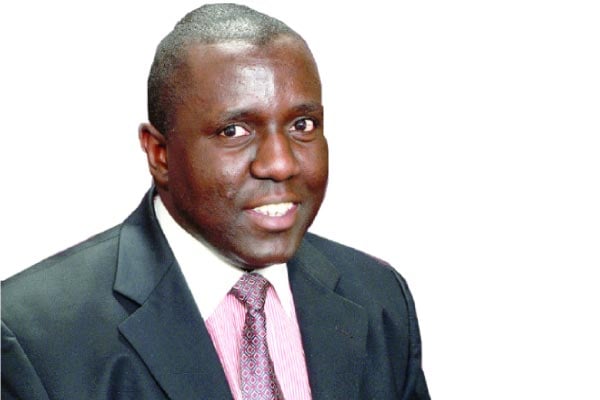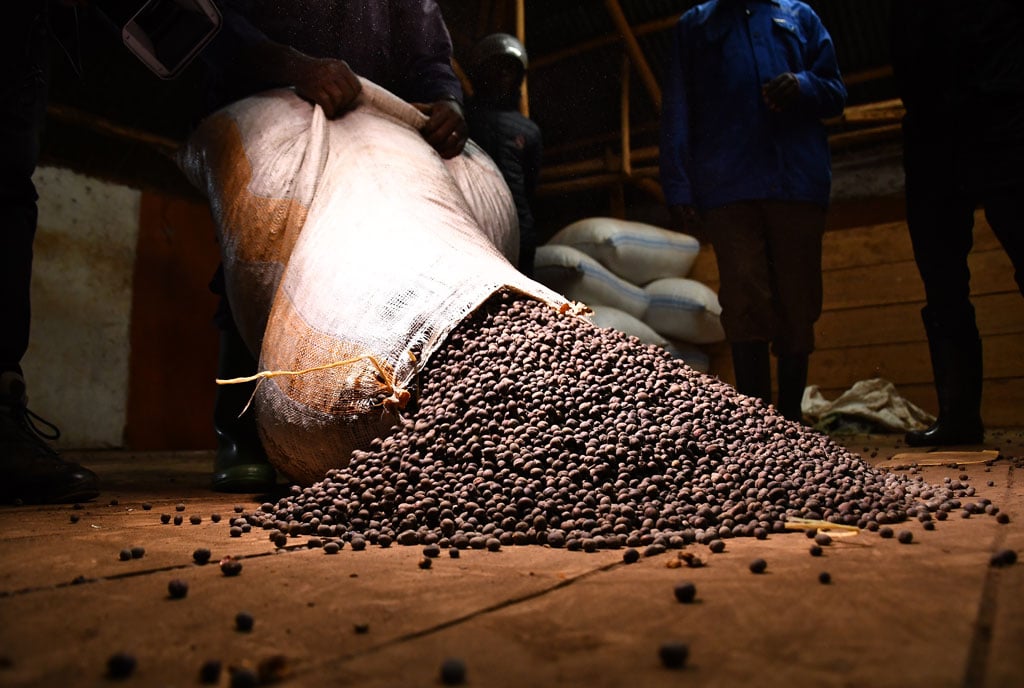
Mr Daniel K. Kalinaki
When was the last time you saw a thin boda boda rider? You probably haven’t been paying attention, so take a moment to think about it or look around. Behind the dusty windbreaker jackets, many of them are probably overweight, or even obese. The thin and lanky ones either have good genes and metabolism, or are new to the trade.
This is an unscientific observation, but I have a theory to explain it. Half of it is down to diet. Uganda has arguably some of the richest variety of food in the world and a typical buffet is a rainbow of organic flavours. But the urban fare – the kind of quick meal that most people can afford to have on the go – has changed over the years, mostly to rolex.
Now, I need to tread carefully around what is a source of national joy and pride, not to mention nutrition, but the rolex – a chapati with a fried egg rolled inside – isn’t the healthiest thing in the world. The foundation, refined wheat, has its dietary critics and the eggs sometimes come from chicken pumped full of antibiotics. The lot is then often fried in fatty oil that, sometimes, has been recycled, including from power transformers. It tastes sinfully delicious because it is sinful.
Unlike the builder who gets to burn it off carrying bags of cement, the boda guy then spends his day seated on his motorcycle or reclining on it while awaiting passengers. It is a dangerous combination of dodgy food and little or no exercise.
The boda rider is not alone. Many of us condemned to work in offices spend the commute and the workday on our rumps. Sitting is the new smoking.
This sedentary life, combined with unhealthy eating habits, is the reason many of us are overweight or obese, waddling around like baby elephants. This is an unintended consequence of capitalism and economic progress: people who used to do menial jobs or walk to work are now doing desk jobs and driving or riding to their workplaces. Stressful work environments add to the poor lifestyle choices.
If it is not yet a public health crisis it will be in a few years. A lot of what needs to be done comes down to individual choices, but there are some policy tweaks that would help.
Public health communication needs to pay more attention to non-communicable diseases. There is hardly any messaging going out, especially to younger people, urging them to eat healthier food, exercise or avoid self-inflicted wounds such as those that come from smoking.
This needs to be supported by enforcement. Many smokers, for instance, now have the presence of mind to do it in designated areas, but it is not uncommon for people to light up in public spaces, including those with children. The law is never enforced.
I do not know how much exercise school children get these days but my guess is that it is inadequate given how many of them leave home before dawn and return after dusk to manage the soul-crushing commute. Shouldn’t the Education Ministry insist that schools demonstrate presence of, or access to a playground before they are licensed to operate?
This, of course, will raise uncomfortable questions about the ministry and school authorities who have spent the best part of two decades selling off school playgrounds across the country.
Adults, too, need to be nudged towards healthier lifestyles like more wholesome diets and exercise, but it is not enough. We should return to the conversation about public spaces, including those in which people can exercise or simply wind down in.
Closing down or hiving off public parks in urban areas served a cynical political purpose of suffocating the possibility of peaceful assembly. The result is that you can hardly find a place to run safely or sit down and have a picnic or just read a book. The available public pastimes, then, revert to the same unhealthy habits – bars, pork joints, and massage parlours – that are breeding this hidden public health crisis.
There is some hope, though, from the diet and diabetes side, moreover. As most of the wheat is imported and people generally don’t farm their own eggs, the urban diet is more vulnerable to inflation, including that which is imported.
As the prices of food rise faster than incomes, and as urban sprawls eat up backyard farmland, workers are likely to become more unhappy and agitate for higher incomes or state intervention. This will increase the demand for accountability from the government.
It is possible that we will be too fat and too diseased to protest and that we will not have the physical spaces in which to hold rallies, but this brewing crisis will play out sooner or later and force the government’s hand. Who would have thought that democracy and diabetes would one day be bedfellows?
Mr Kalinaki is a journalist and poor man’s freedom fighter.
[email protected]
@Kalinaki




